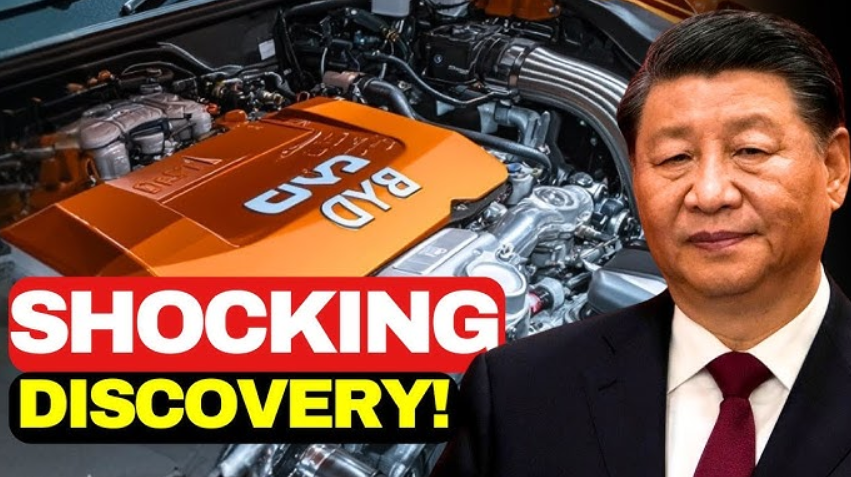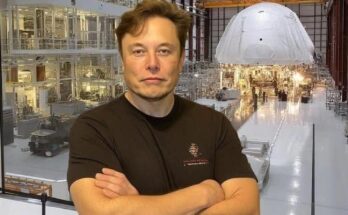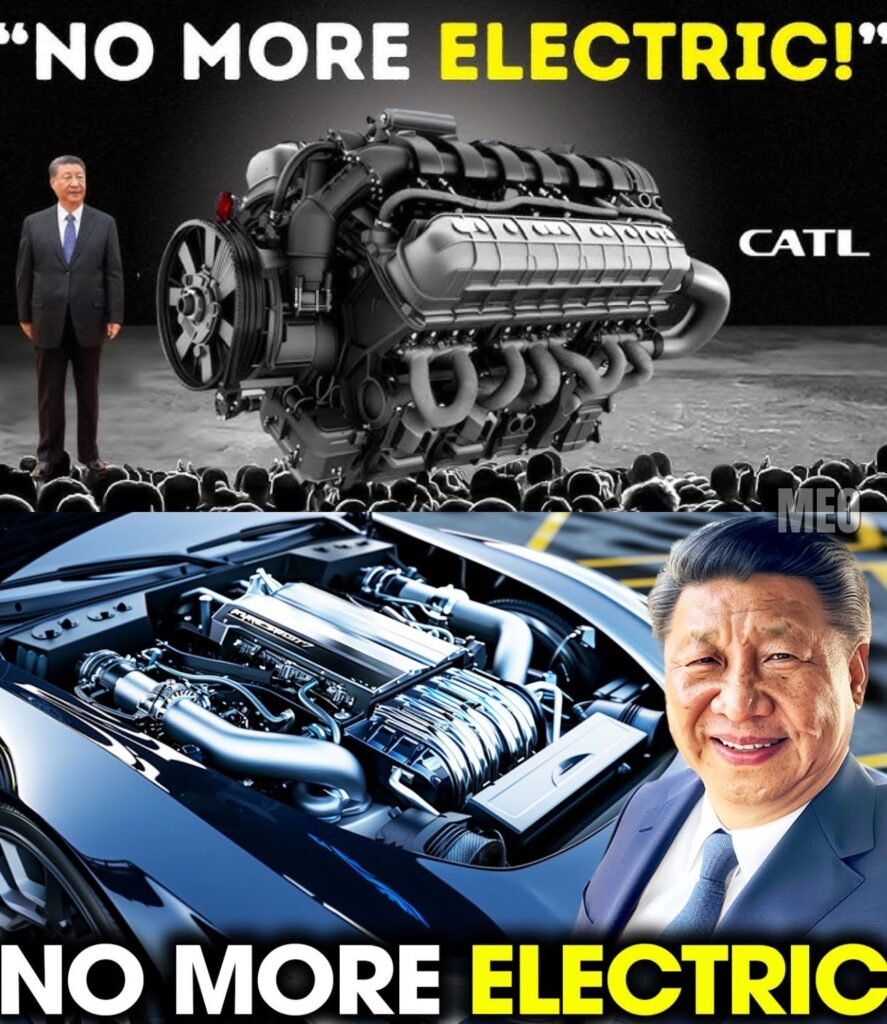
In a stunning declaration that has sent shockwaves through the global automotive world, Chinese industry experts and officials have warned that a revolutionary new engine technology threatens to “destroy the entire EV industry.” This bold statement reflects the deep anxiety and fierce competition brewing between traditional automakers and the rapidly expanding electric vehicle (EV) market, particularly as China has become the epicenter of the global EV revolution.
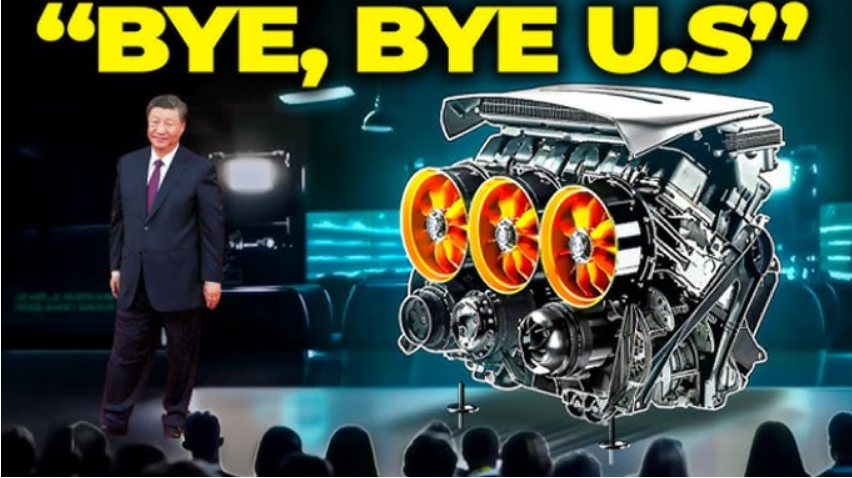
For years, China has positioned itself as the unquestioned leader in electric vehicles. With massive investments in battery production, charging infrastructure, and government subsidies, China’s EV industry has surged ahead, dominating global sales and innovation. Chinese companies like BYD, NIO, and XPeng have become household names, challenging Western and Japanese automakers alike. The country’s commitment to phasing out fossil fuel vehicles and promoting green energy has made it a beacon for the future of transportation.
Yet, this newfound confidence is being rattled by reports of a groundbreaking engine developed by a rival automaker—one that could upend the very foundation of the EV market. According to Chinese sources, this new engine technology offers a level of efficiency, environmental friendliness, and cost-effectiveness that electric vehicles have struggled to achieve. Unlike EVs, which depend heavily on expensive and environmentally taxing batteries, this engine reportedly uses alternative fuel sources or innovative combustion methods that drastically reduce emissions without sacrificing performance.
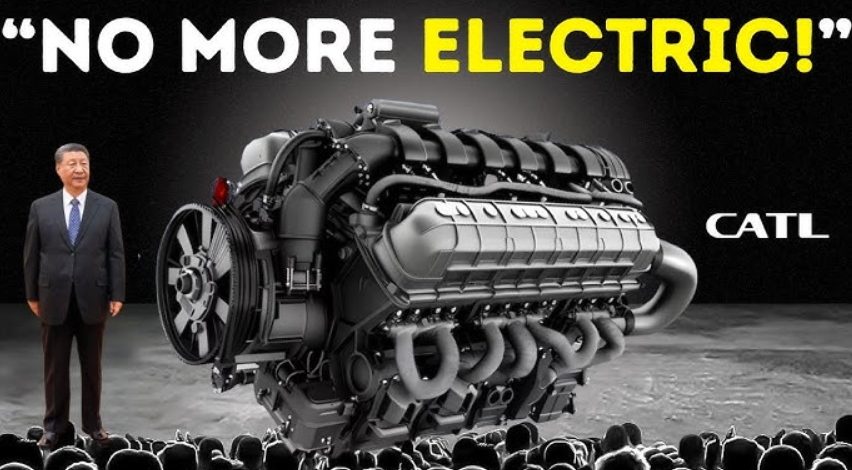
The implications of such a breakthrough are immense. If this engine delivers on its promises, it could render the massive investments in battery technology and charging infrastructure obsolete virtually overnight. For China, whose economic and technological ambitions are deeply intertwined with the EV industry, this represents an existential threat. The country’s entire green transportation strategy, from manufacturing to urban planning, could be thrown into disarray.
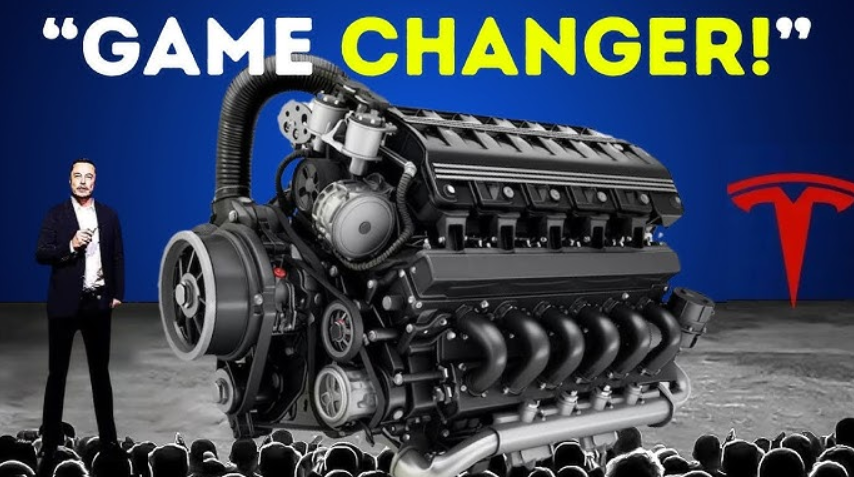
However, EV advocates and many environmentalists have reacted with skepticism and alarm. They warn that embracing any form of combustion engine—even an advanced one—risks undermining decades of progress toward zero-emission transportation. Critics accuse proponents of the new engine of greenwashing and fear that such technologies could delay the urgent transition away from fossil fuels, exacerbating climate change.
This clash is not merely technological but deeply political. China’s leadership has heavily promoted electric vehicles as a cornerstone of its climate commitments and economic strategy. The prospect of a rival technology disrupting this vision threatens not only industry profits but also national prestige and geopolitical influence. The debate has spilled into public discourse, with Chinese media outlets fiercely defending the EV industry while cautiously acknowledging the potential of alternative innovations.
Furthermore, the global auto industry is watching closely. Western automakers, many of whom have committed billions to EV development, face a strategic dilemma. Should they double down on electric vehicles or hedge their bets by investing in emerging engine technologies? The answer is far from clear, and the stakes have never been higher.
